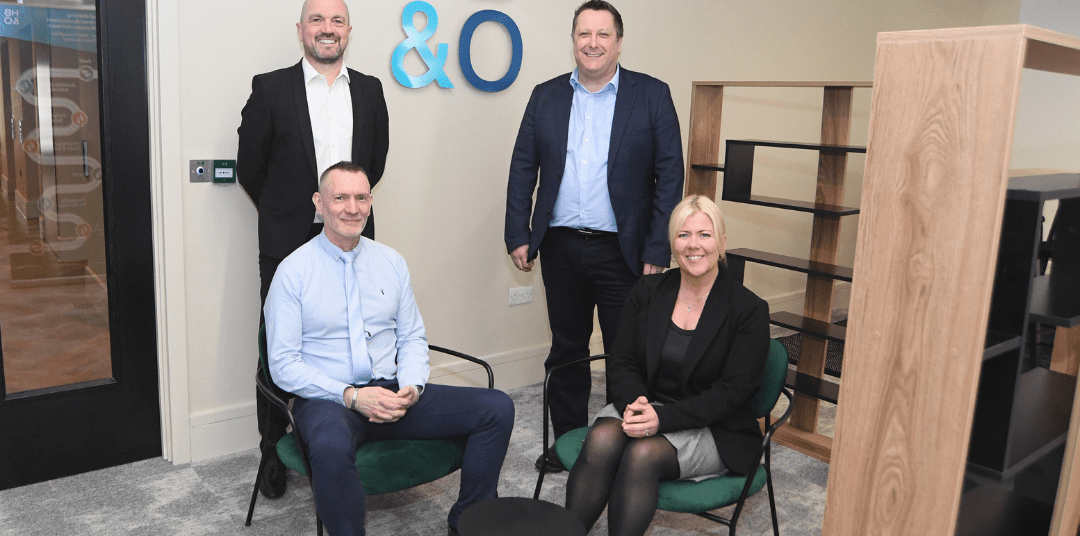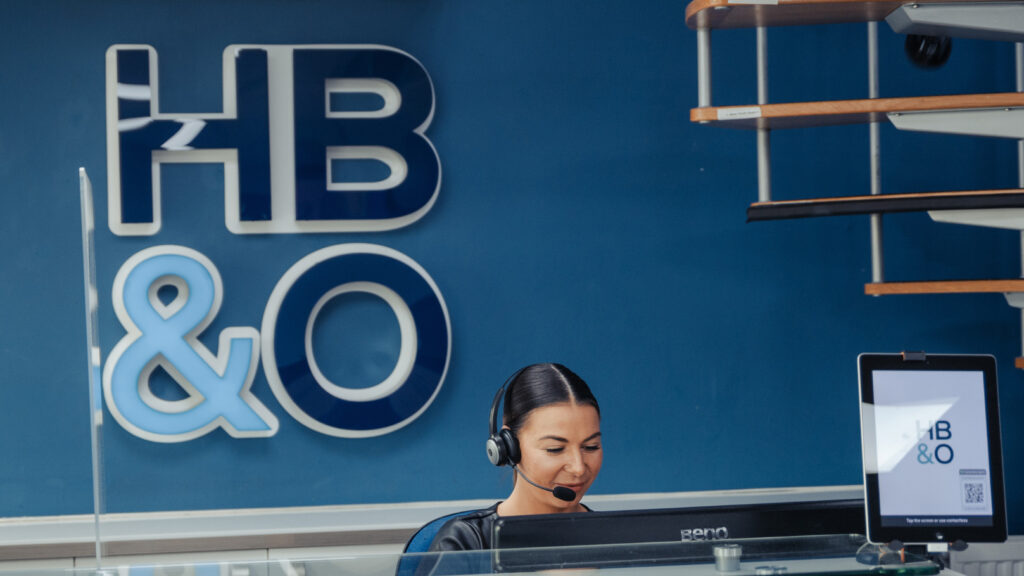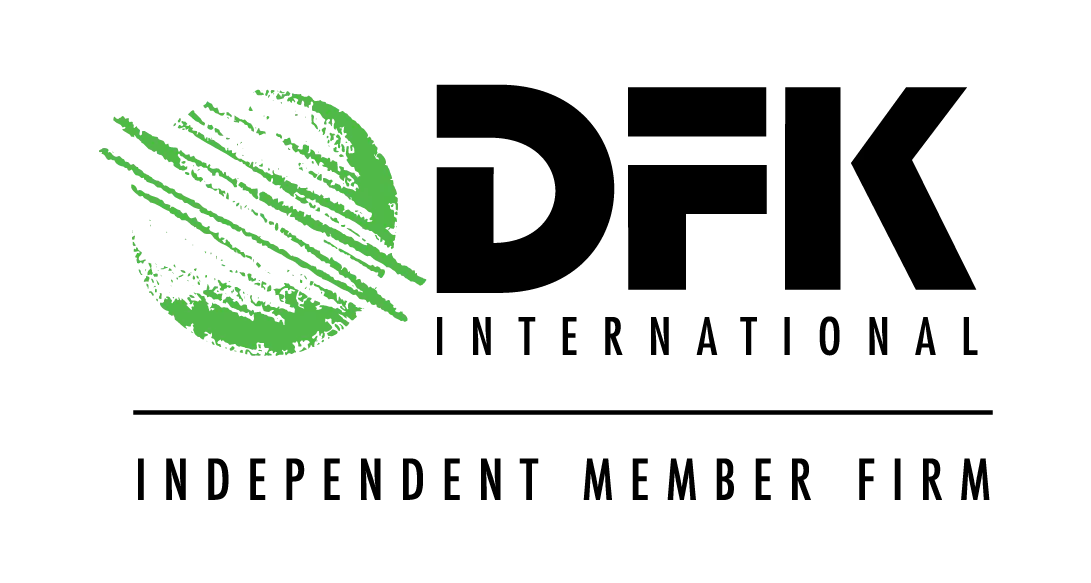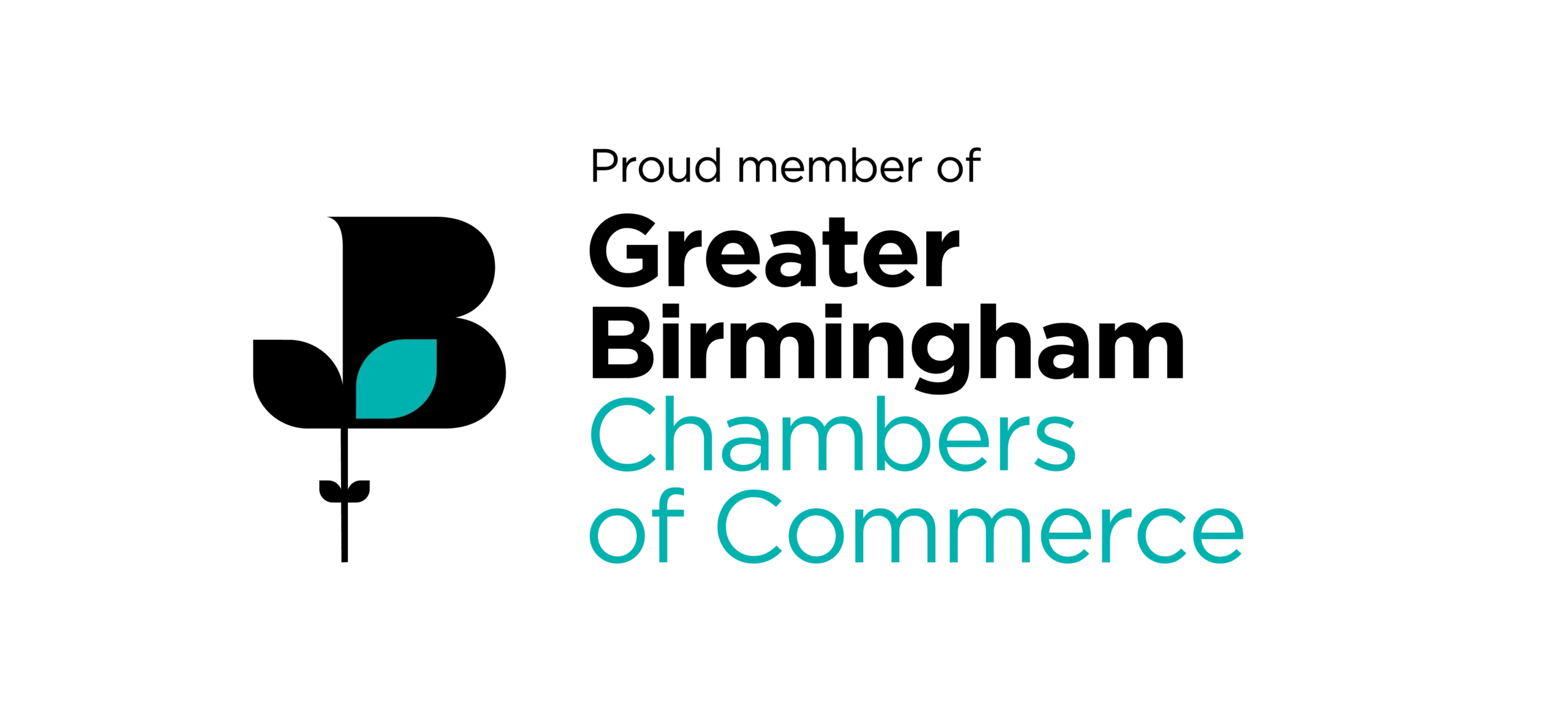There’s no doubt that every business owner is concerned about their cashflow and keeping their head above water over the next few months. To try and help minimise this pressure we’ve put together some guidance for businesses showing how they can make small changes to adapt in order to weather the storm.
We appreciate that we may be in a very different place tomorrow, let alone next week or month and things are going to be a work in progress but it’s important to keep evolving and not to stand still.
Follow guidance from the Government
This guidance will undoubtedly change on a daily basis but on Friday 20 March, during the daily coronavirus briefing, Chancellor Rishi Sunak outlined further measures to support the incomes of millions of workers and businesses across the country. Our team is always on hand if you have any questions.
Keeping a close eye on cash flow
On a daily basis, look at what position you are in financially. Work closely with your financial controller, whether that be in-house or externally, and evaluate all money coming in and out. It’s important that you have a solid understanding of your current financial position.
When you know exactly what position you are in, you can look at short term cash flow forecasting and see how you can adapt to the inevitable changes in revenue and costs that businesses will be facing over the coming months.
Fluidly is a platform that integrates with online accounting systems. We’ve been exploring it recently to use as a cash flow forecasting system for many of our clients. However, their free version, Fluidly Lite, is available to anybody. If you use Xero or Quickbooks and have a solid understanding of your current financial position, you can link your account up and use their scenario planner to see how changes will affect your short term cash position. If you’d like to learn more about using Fluidly, contact [email protected]. We can send a 20 minute webinar or set up a video call to get you started.
If you’re not using cloud accounting system that is compatible with Fluidly, contact our team to talk through your options when it comes to managing your short term cash flow.
Diversify and adapt your processes
Look at how you can adapt your current processes, products or services to mirror current demand.
Do you have an area of your business that is currently overwhelmed? Can you move resources from a quieter department to help spread the workload? If you’re a client facing business, can you take your appointments online? If not, can you create vouchers for people to buy now but use at a later date?
BrewDog are using their distilleries to make hand sanitiser due to the demand and shortages. Thousands of restaurants are changing their set up to offer takeaway and delivery while customers are staying at home.
Take a look at your skill set and see how you can adapt. It’s never too late to tweak processes and these changes could bring in much needed revenue.
Communicate with staff about the situation
Ideally, all employees would be able to continue working at full capacity. Realistically, staffing levels will fall due to self-isolation and the demand for many products and services in the short term are likely to drop.
Salaries and wages are one of the biggest overheads in most businesses and with a limited revenue stream, cash flow issues may mean it’s not possible to continue paying staff full salaries. Have conversations with your staff to agree the best way forward for all parties.
Can you agree reduced working hours for a reduced rate of pay? Are any staff wanting to take some unpaid leave due to a lack of childcare? Can you spread their reduced salary over 12 months so their personal overheads are covered?
Engage with an employment lawyer or HR specialist before making any decisions about changes in staff contracts to ensure you are complying with the law, but there are ways you can reduce these overheads without some people losing out completely.
One of our key pieces of advice is to communicate. Communicate with your employees, your suppliers, your customers and your freelancers. Don’t assume anything, as recent events have brought about a situation that no business plan could prepare for. As it stands currently, people are still buying products and services, they just may be consuming in different ways.
If you have any concerns about your short term cash flow, contact your usual HB&O advisor or drop our team an email on [email protected].














